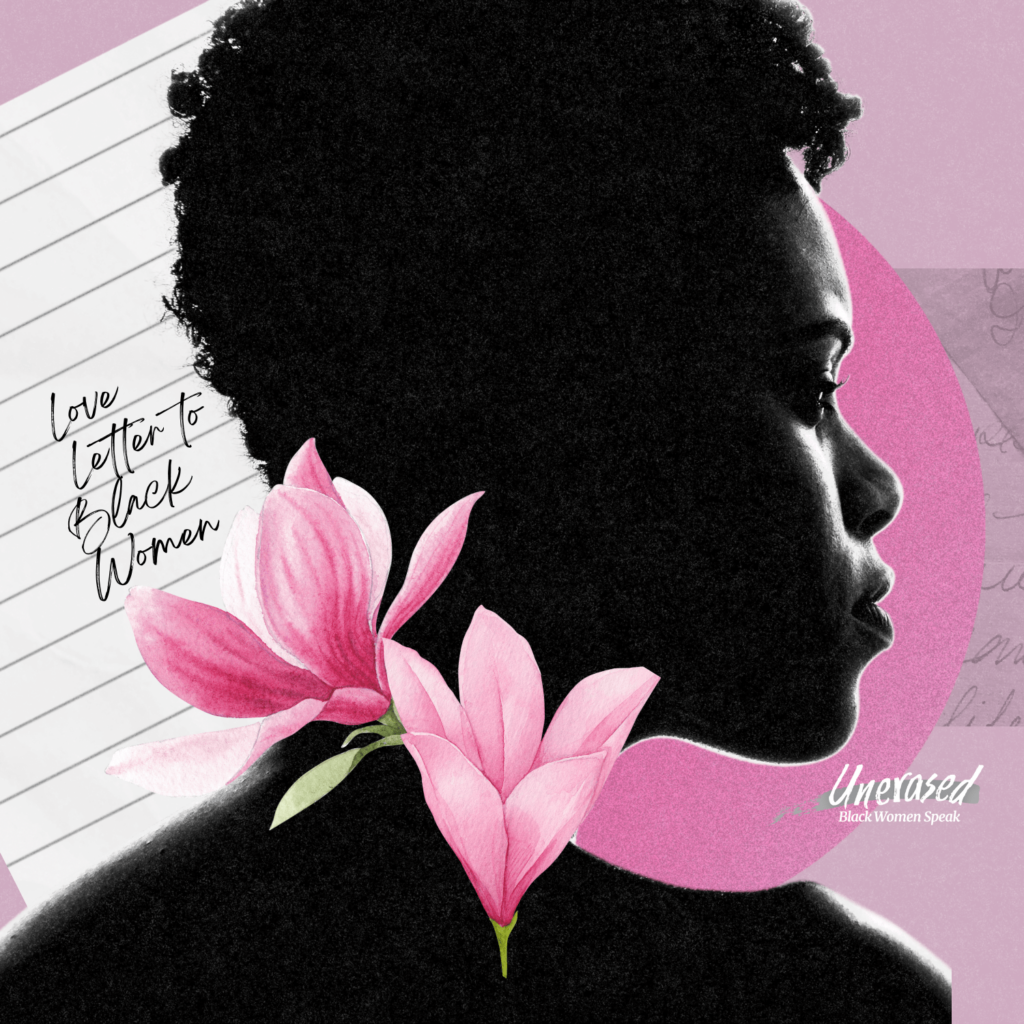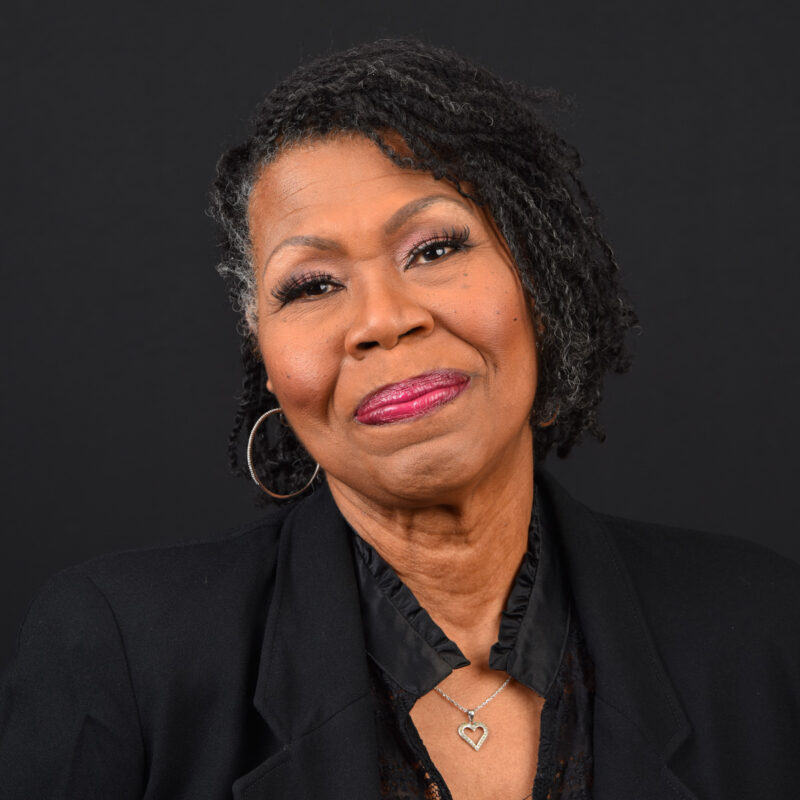Sojourner Truth. Harriet Tubman. Ida B. Wells. Fannie Lou Hamer. Shirley Chisholm. Kamala Harris.
By invoking these “she-rose” sisters who’ve made enduring freedom strides over the centuries, we celebrate all Black women. They reflect our lineage: loyal, relentless, overperformers who refuse to abandon the quest to shape our destiny.
We step into 2025 with resolve and optimism. First, drawing from the brilliant writer Audre Lorde who urged “radical self-care – an act of political warfare and self-preservation.”
We come from ancestors who cleared the middle passages and endured an onslaught of assaults with courage because that’s all they knew. They survived. Amazingly, they thrived!
Our clarity and sensibilities are gifts passed down over generations. Through the ages, our contributions have been invisible but indelible. Black women have never wavered in our quest to be seen and heard.
Ours was never a relationship of compliance or reverence with the patriarchy. They were not our fathers or husbands. They were our enslavers. And our resistance to patriarchy remains rooted in rejection of bondage.
As we Black women approach the new year, we must redefine democracy through the prism of triumphs and tragedies that have made us stronger and battle-tested.
Trust Black women is more than a cliché. Let this mantra be a mirror, a badge of honor to confront cliques and divisions among us.
Let us create brave spaces in alliance with Black institutions including our media, businesses and civic organizations.
Let us unfurl conversations about sexism, elitism, colorism and adverse power dynamics within our families and community.
Let us dialogue with our men and our youth. Be vessels of love.
And finally, turn our ears to our beating heart of resistance, resilience and activism. It’s a resonant sound for daughters of the enslaved, descendants of warriors, mentors, patriots and democrats. We all have a voice in our democracy.
Mary Ann Shadd. Frances Ellen Watkins Harper. Anna Julia Cooper. Callie House. Charlotta Bass. Ella Baker. Dorothy Cotton.
Gwen McKinney, a Washington, DC based communications strategist, is the creator and campaign director of Unerased| Black Women Speak.





